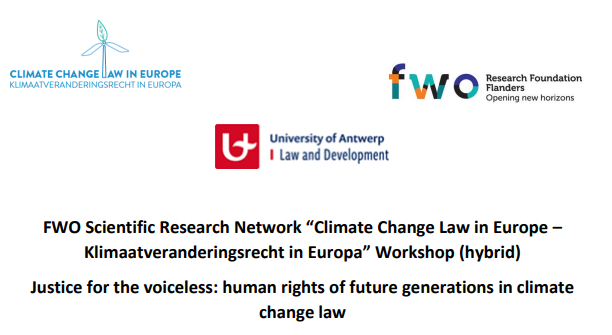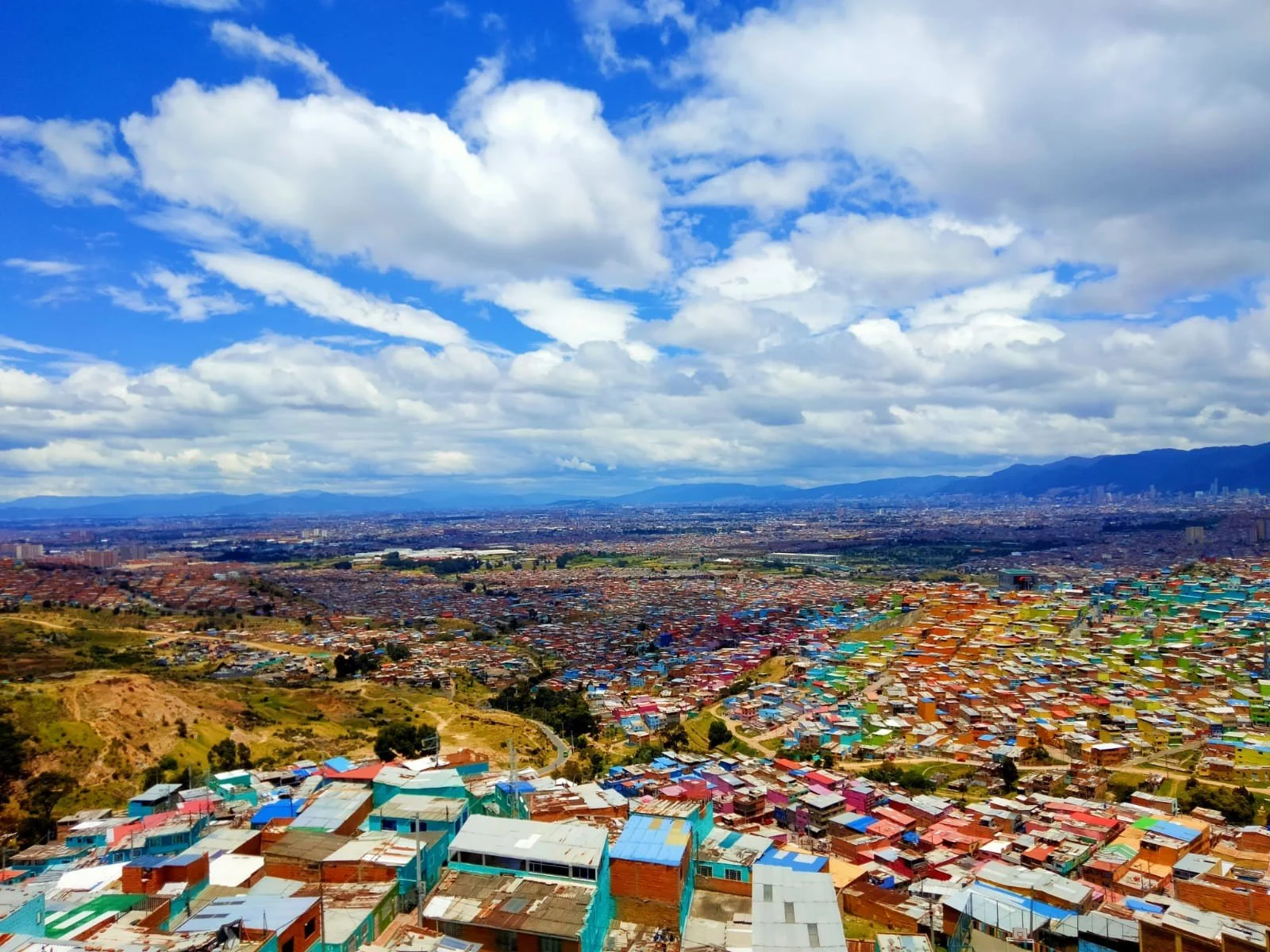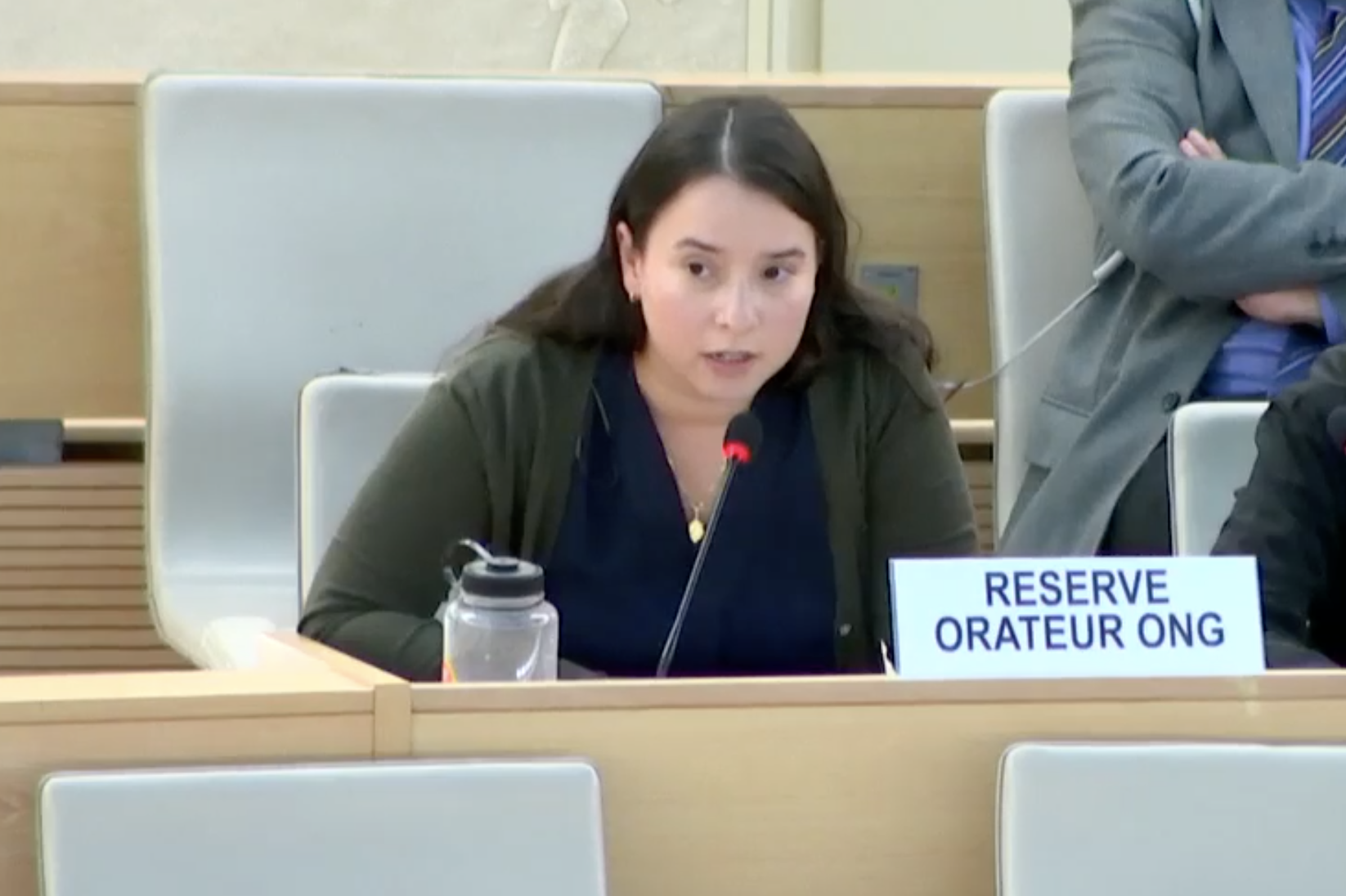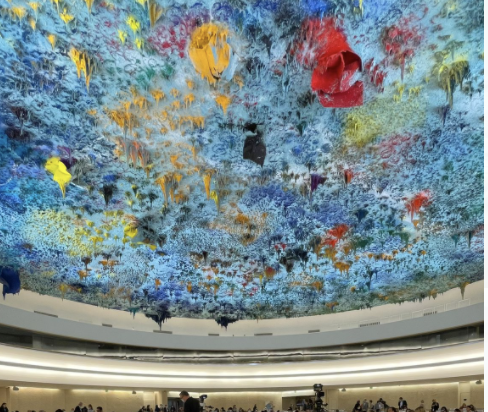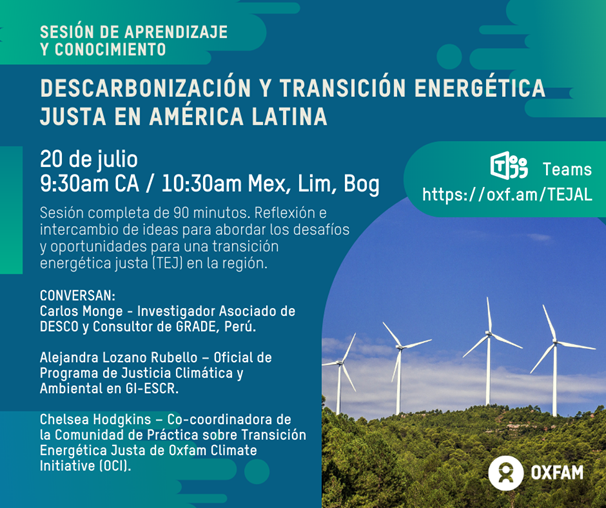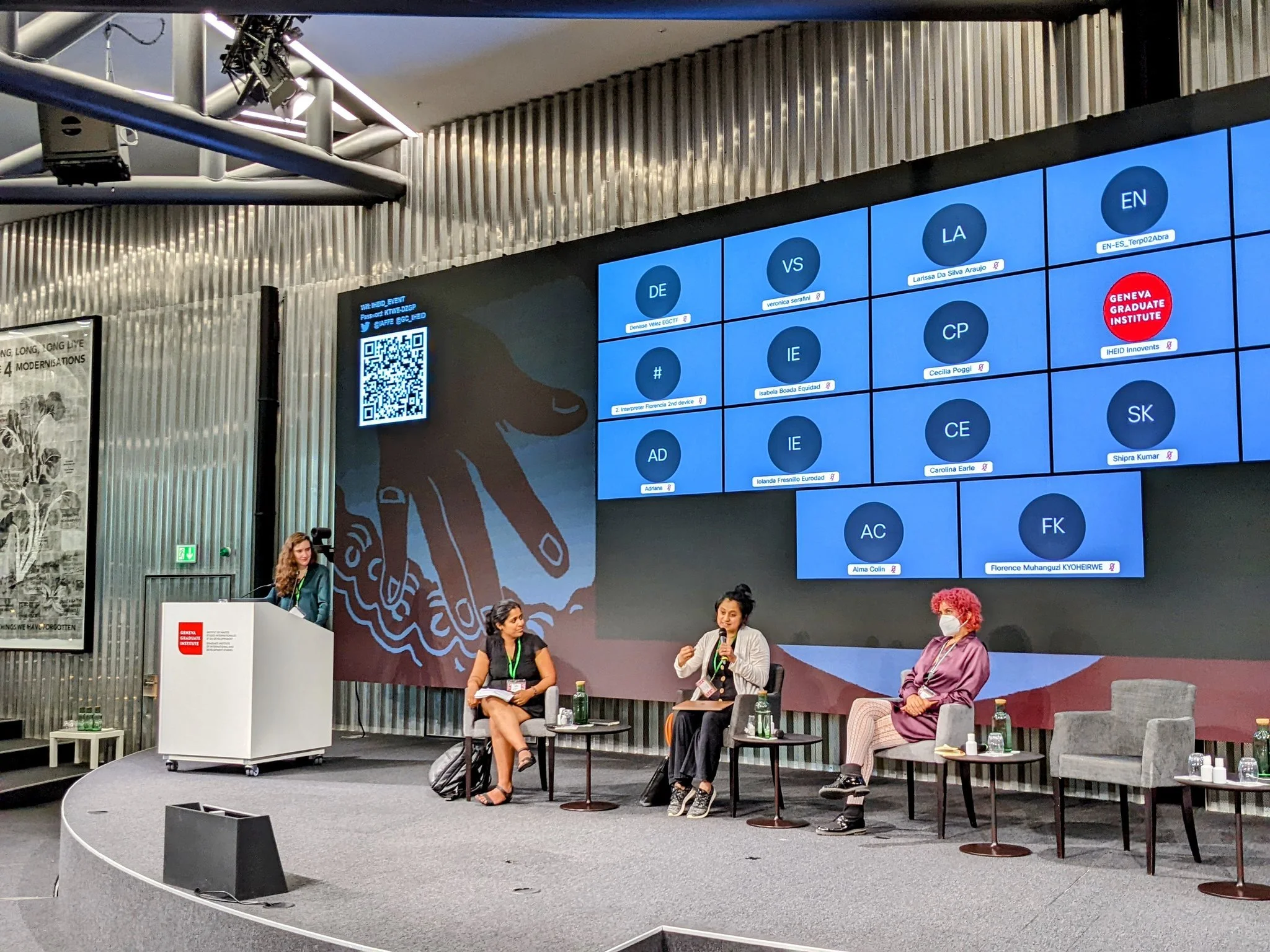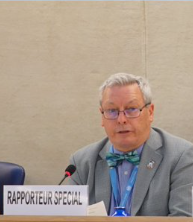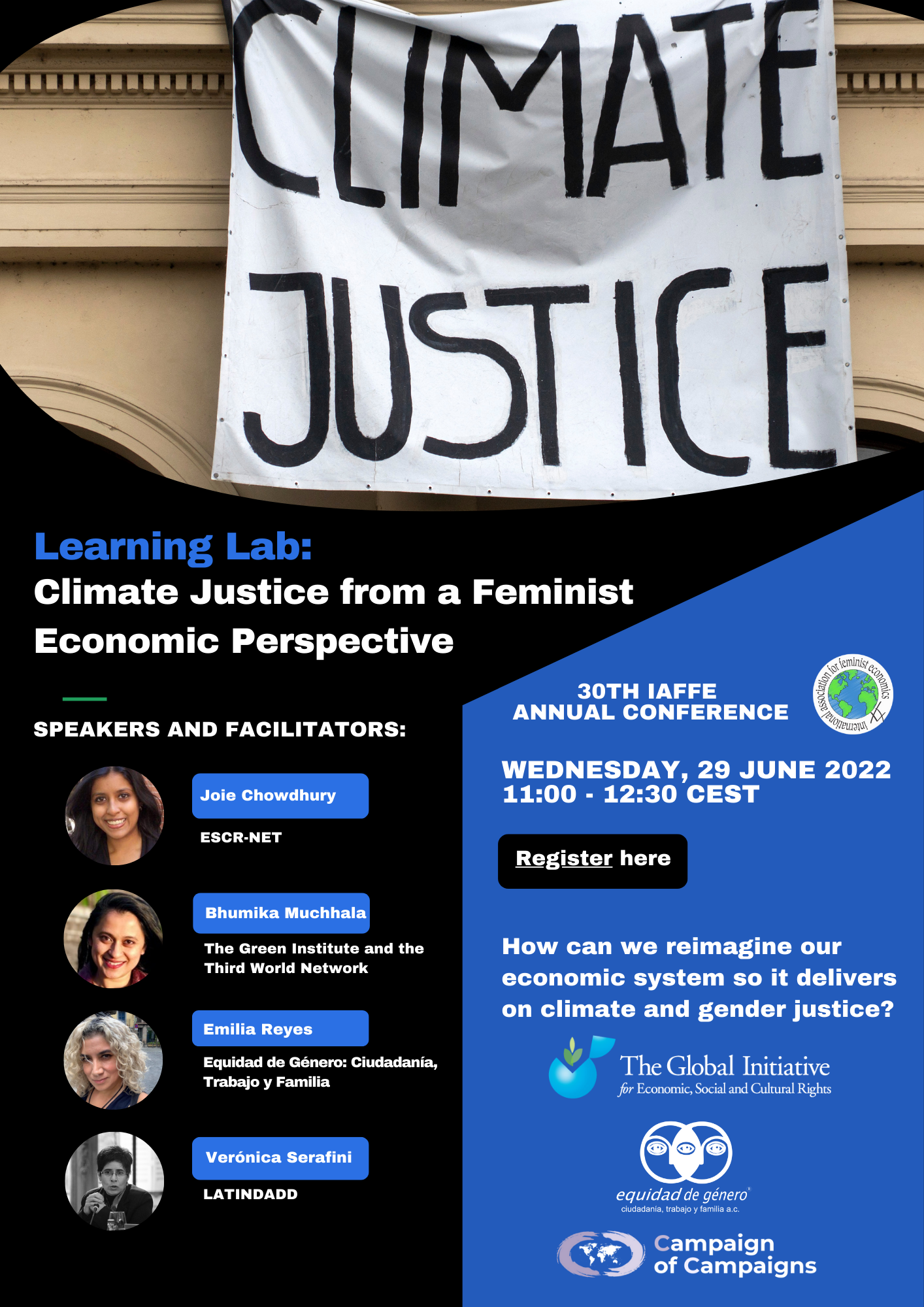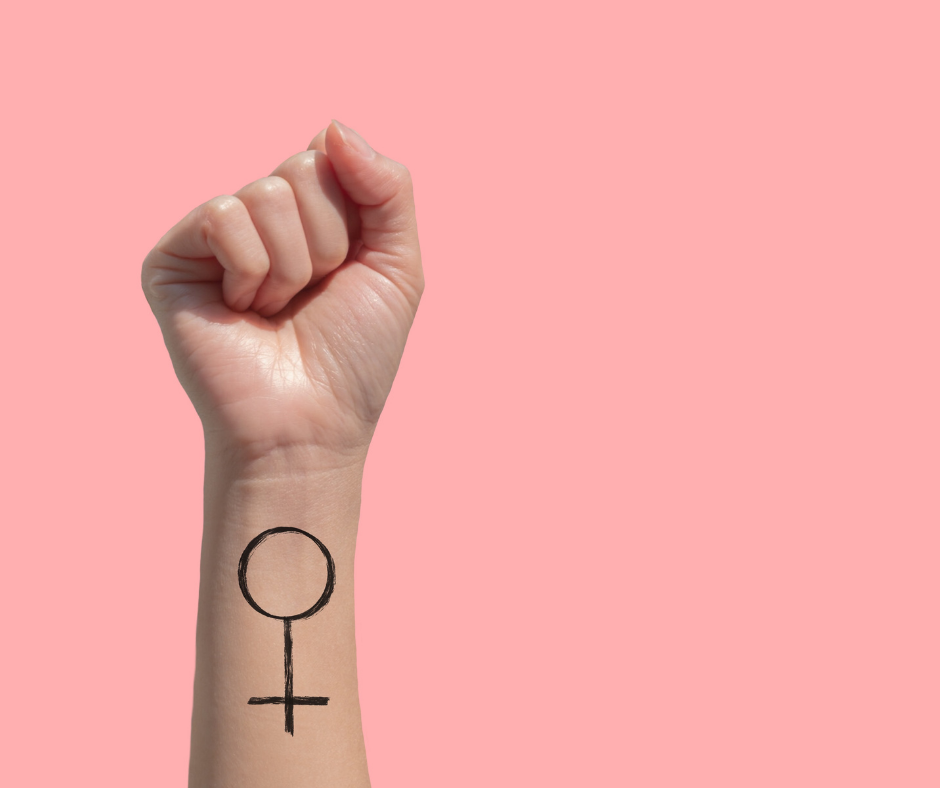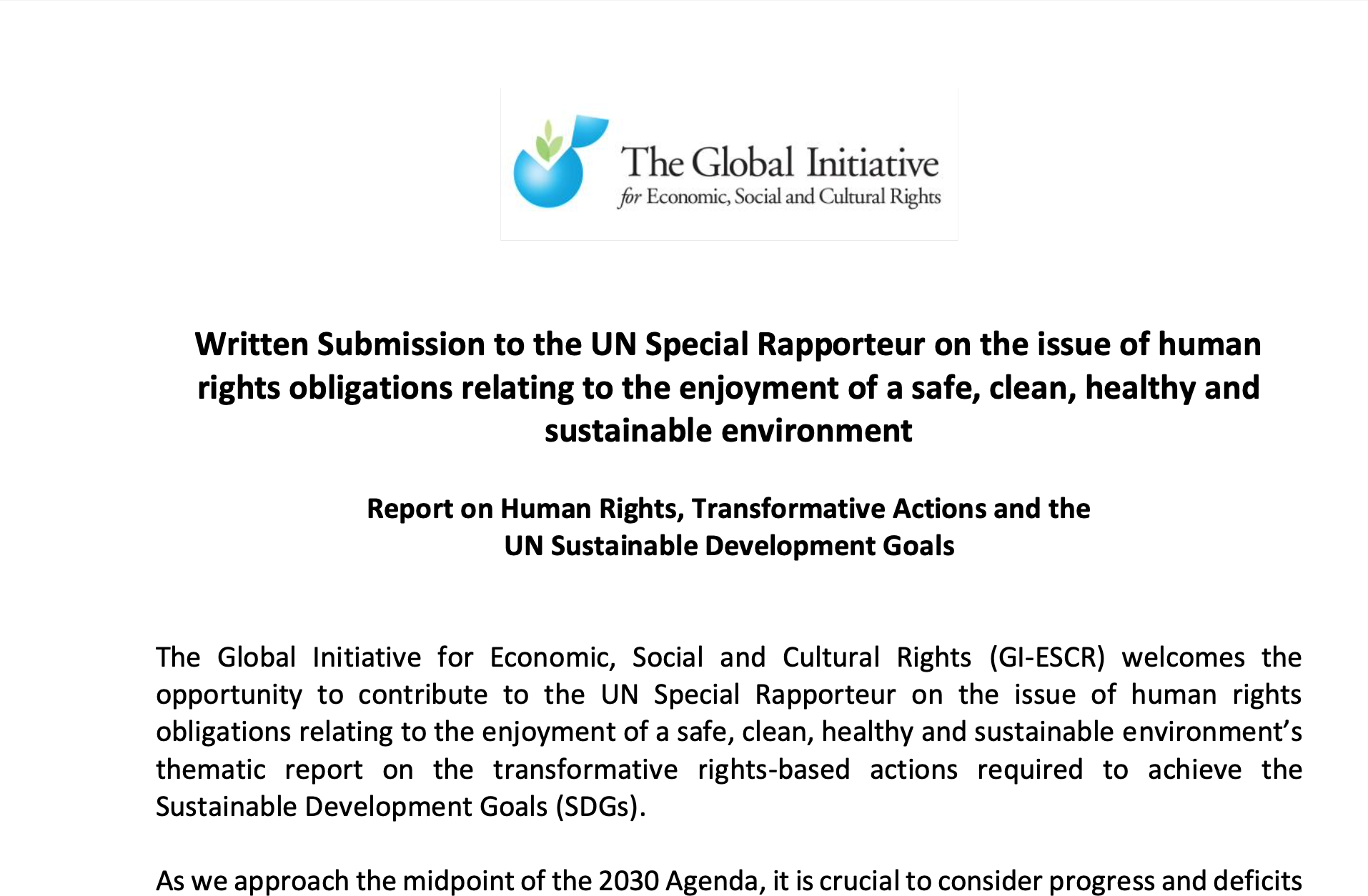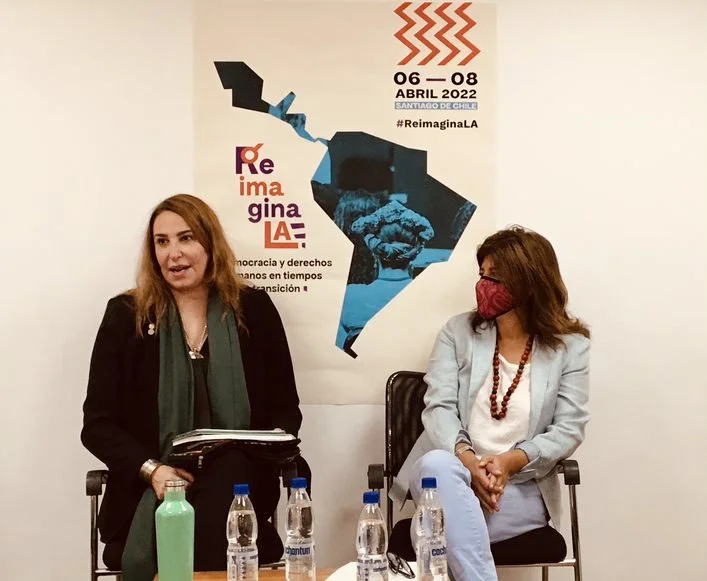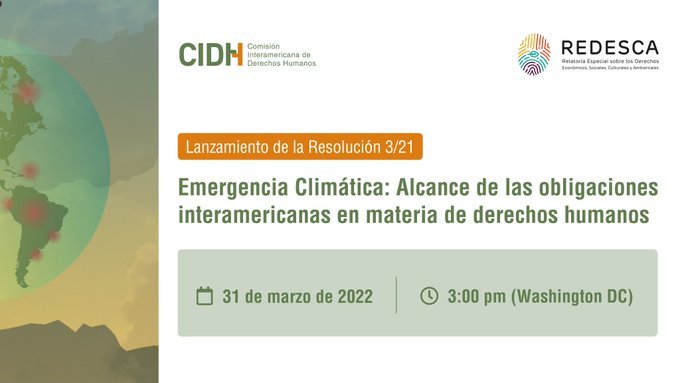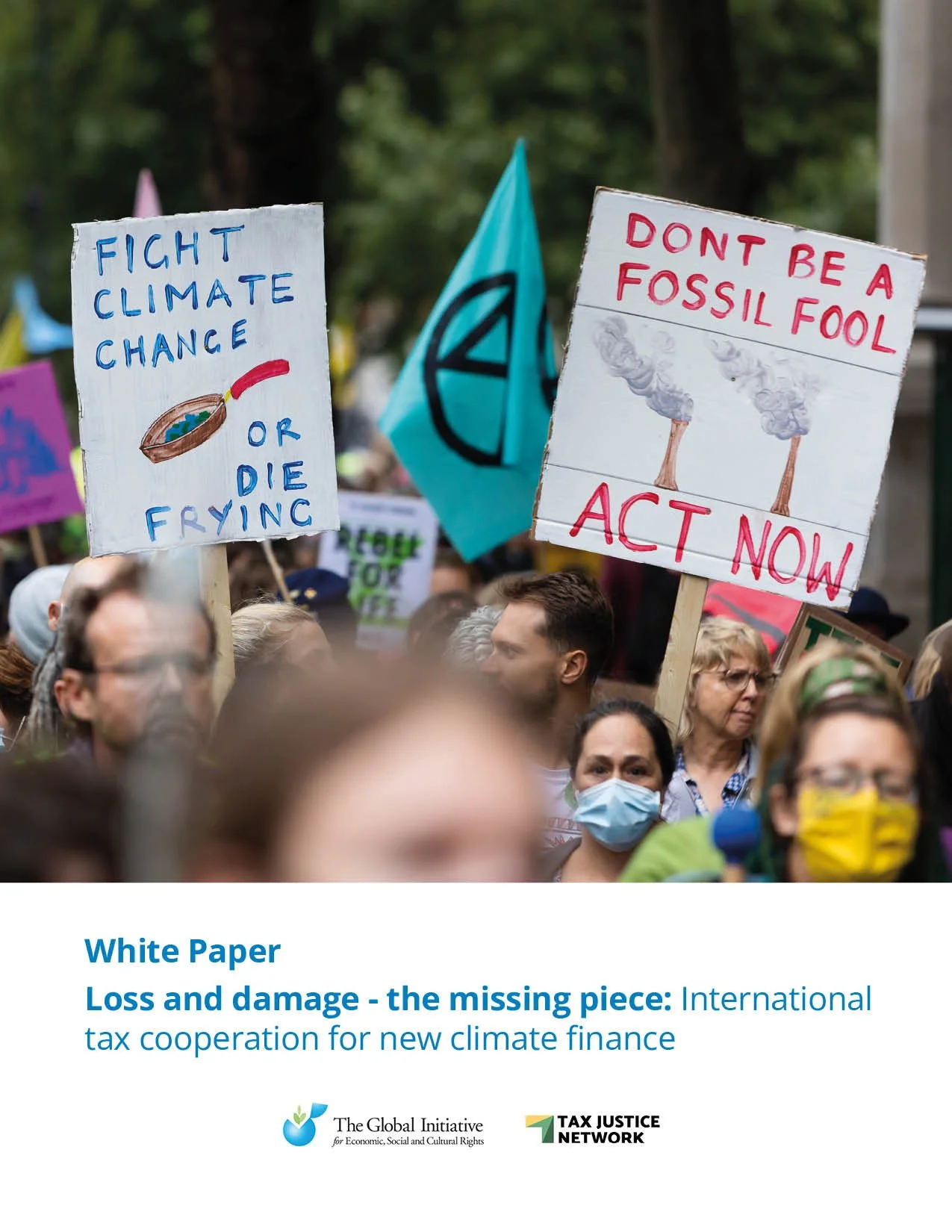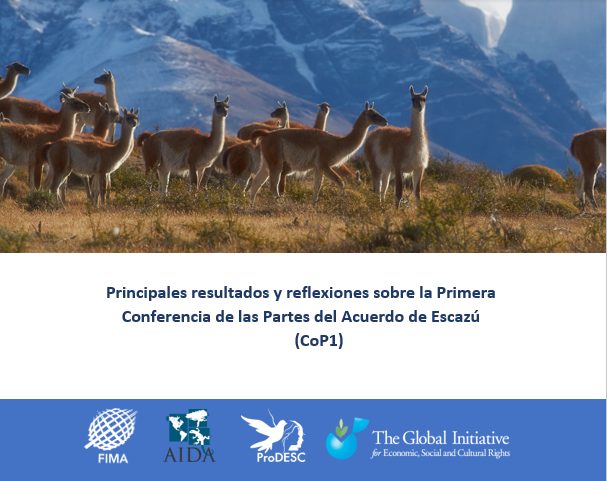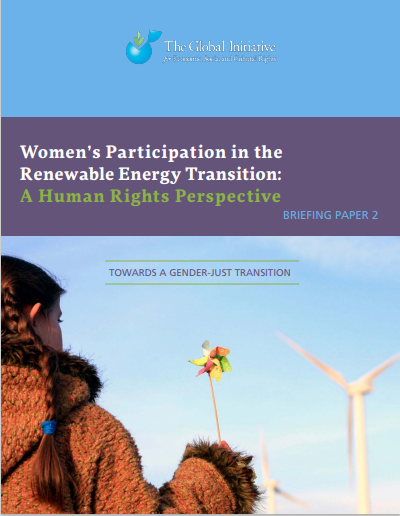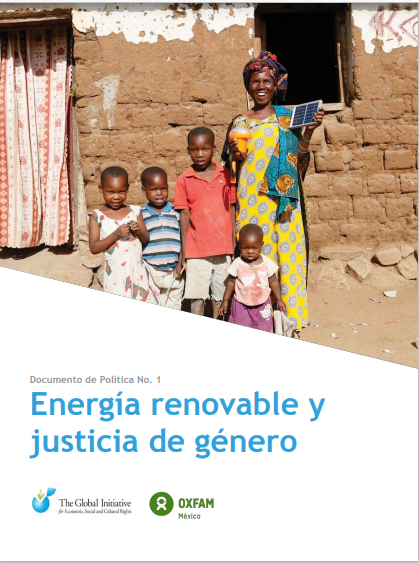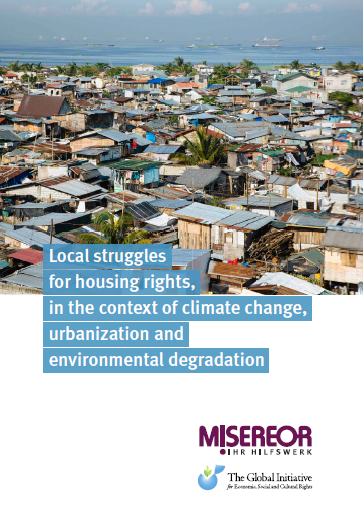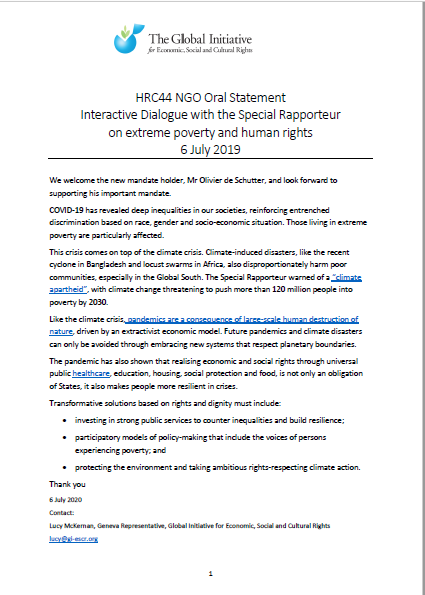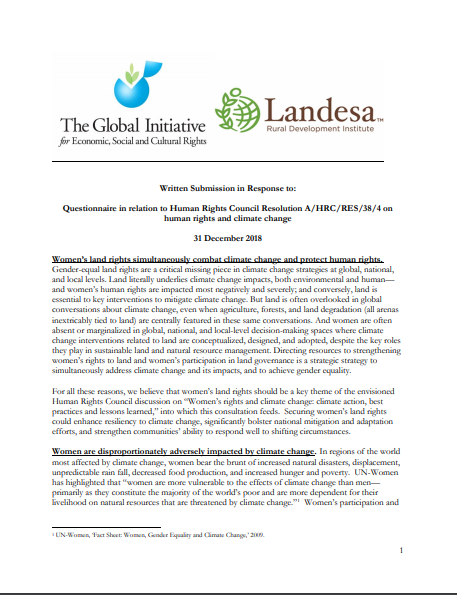Issue
The global transition to renewable energy is essential and underway, but what will be the implications for gender equality and women’s rights?
The global energy transition will involve reimagining new ways of organizing, managing, and powering our societies. We need to harness this unique opportunity to tackle the human rights and environmental deficit gaps in the current dominant energy model and embed principles of gender equality and justice in the design of new renewable energy systems and solutions.
In this process, the voices of women from communities and groups most affected by renewable energy policies and by energy poverty must play a central role. It is only through their experiences and expertise that we will better understand the gendered impacts of renewable energy and their transformative potential to catalyse gender equality.
+ Read more
Climate change has catastrophic implications for the realization of human rights. Greenhouse gases (GHG) produced by global fossil-fuel based energy systems are eroding the ecosystems on which human life depends, reversing major development gains, and increasing inequalities and social conflict. Energy is, therefore, at the centre of all global and local efforts to arrest cliamte change and reduce GHG emissions. Against this background of climate related human rights harms, there is growing acceptance that the future of energy systems lies with renewable energy solutions (i.e., solar, hydro, wind and geothermal).
At the same time, renewable energies offer new possibilities for diversification in the ownership, financing, management, and delivery of sustainable energy with more gender-equal, decentralized, and democratic models of generation and distribution. This opens new, underexplored means of securing universal energy access, while protecting the envionment fostering gender equality, and the realization of human rights.
Instead of being conceived as a technical switch from one energy source to another, the renewable energy transition can be seized upon as an opportunity to address entrenched patterns of exclusion and to embed principles of gender equality in energy policies and frameworks.
Our Approach
Striving for gender, energy and envionmental justice is at the heart of our strategy.
This programme will use the international human rights framework to identify and document the needs of women regarding the transition to renewable energy, as well as the innovative alternative energy solutions and interventions that advance gender equality in energy policies and frameworks.
As the energy transition and the provision of universal access to sustainable, modern, safe and reliable energy are key conditions for the realisation of human rights and the advancement of gender equality, we create opportunities for civil society organisations, rights-holders and communities to bridge gaps in knowledge, tackle key common challenges and build momentum towards a gender-just transition to renewable energy.
+ Read more
The aim of this work is to:
Enhance understandings of the specific needs of disadvantaged women in the energy transition and contribute to the development of collective knowledge from the perspective of rights-holders.
Facilitating movement building, capacity-building and cross-sectoral solidarity to progressively establish a common framework and a set of collective demands for a gender-just energy transition.
Influencing human rights frameworks and institutions as they relate to climate action and the transition to renewable energy.
We aim to harness the transformative potenial of renewable energy to catalyse gender equality AND CLIMATE JUSTICE.
We strive to achieve these aims through:

Spotlight on our briefing paper!
GI-ESCR’s Briefing Paper on Renewable Energy and Gender Justice provides an overview of the nexus between renewable energy and gender justice and draws out several of the most significant opportunities and risks that the clean energy transition presents for women’s rights.


Want to know more about our work?
Register to GI-ESCR’s updates on renewable energy and gender justice!






